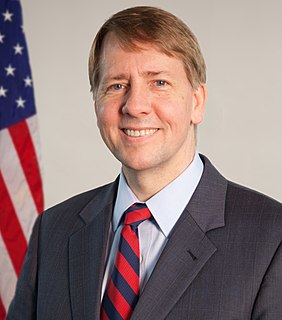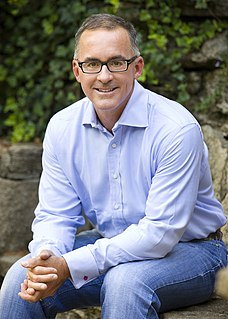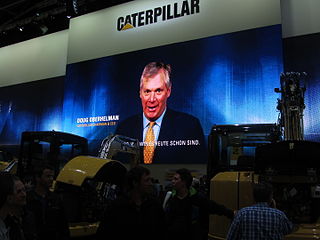A Quote by Stephen Moore
The problem with tariffs is they shift higher costs onto the backs of non-protected industries and consumers.
Related Quotes
When China got into the WTO, that allowed it to sell into any other country within the WTO - not just the United States - at the lowest tariffs that country offered. And the other countries could sell into China at the lowest tariffs that China offered. The problem, right off the bat, was that China had much higher tariffs than everywhere else, so the U.S. and Europe in particular got the short end of that stick.
I talked to a lot of employers who just are, are fearful of what's coming next out of Washington. It's all the spending, it's all the debt. It's their national energy tax, they want to call it cap and trade - more mandates, higher costs, more taxes. Their healthcare bill - more mandates, higher costs, higher taxes.






































